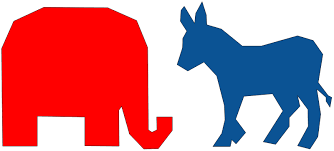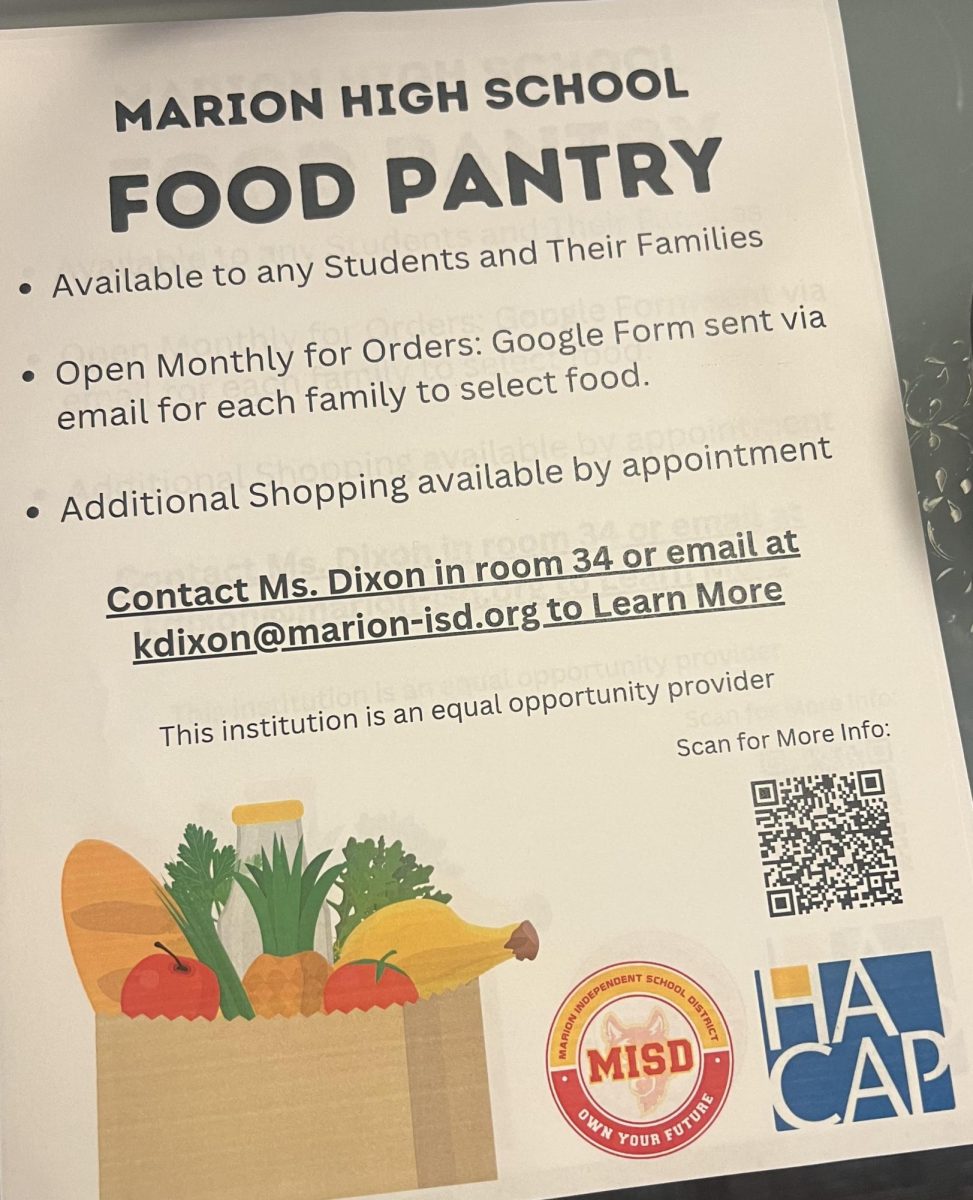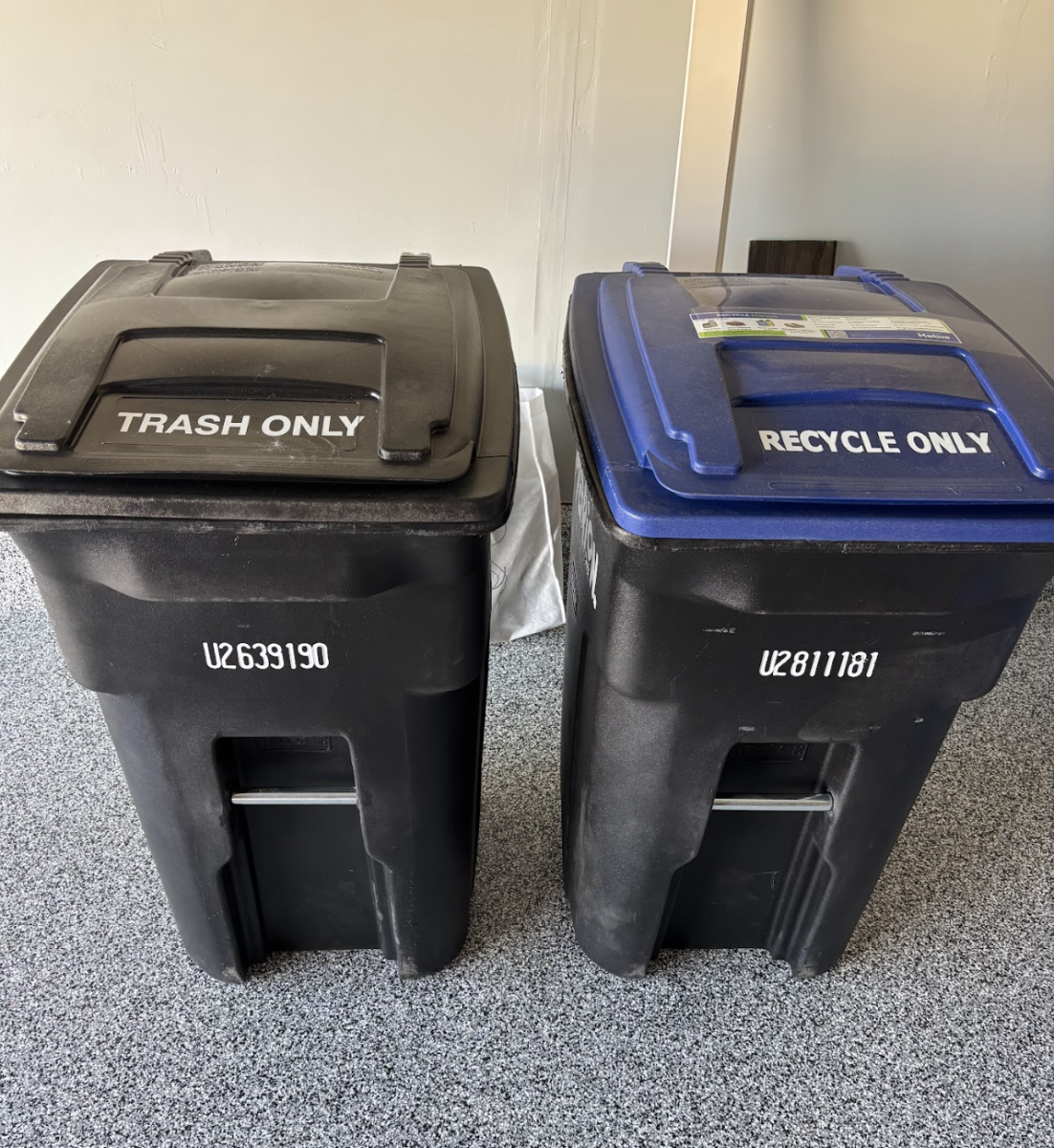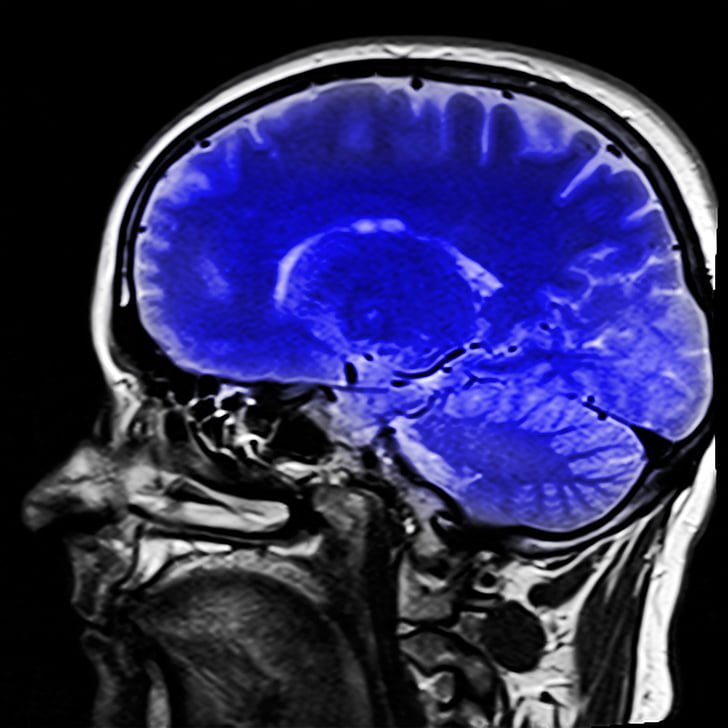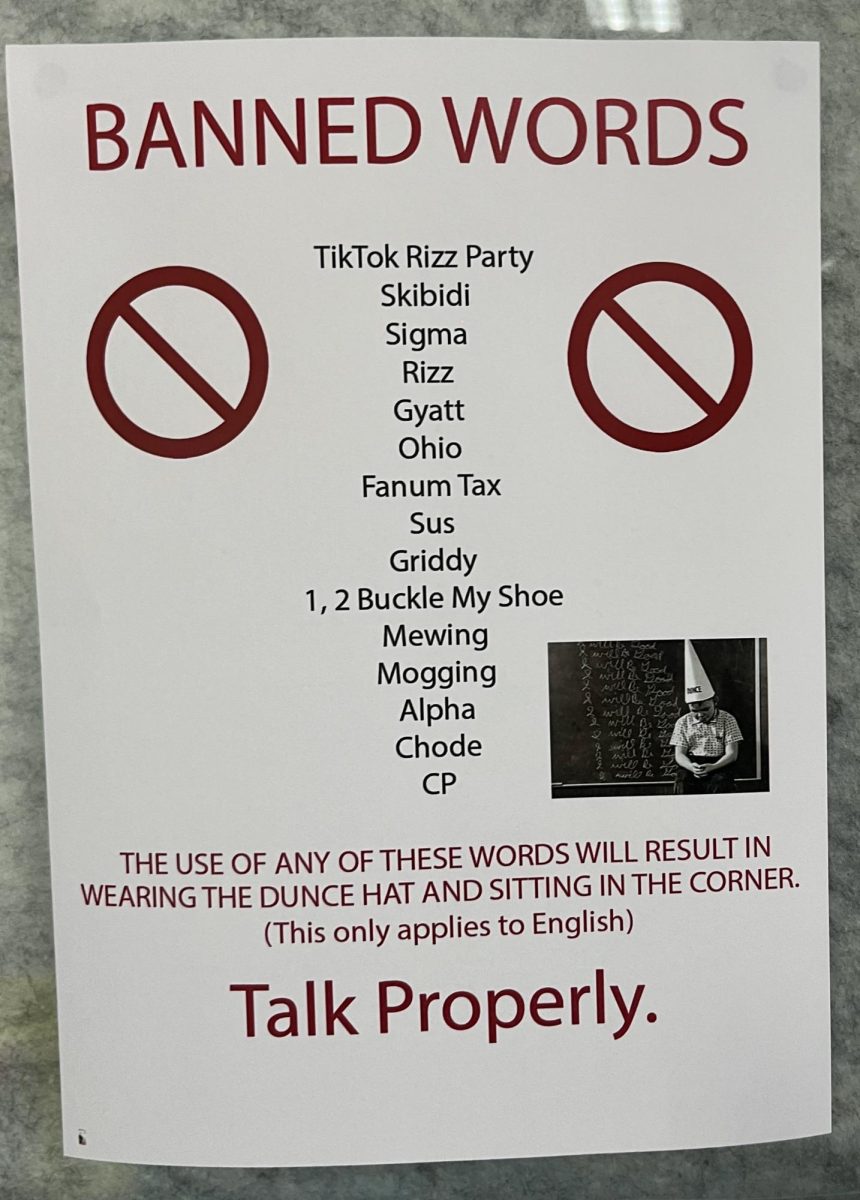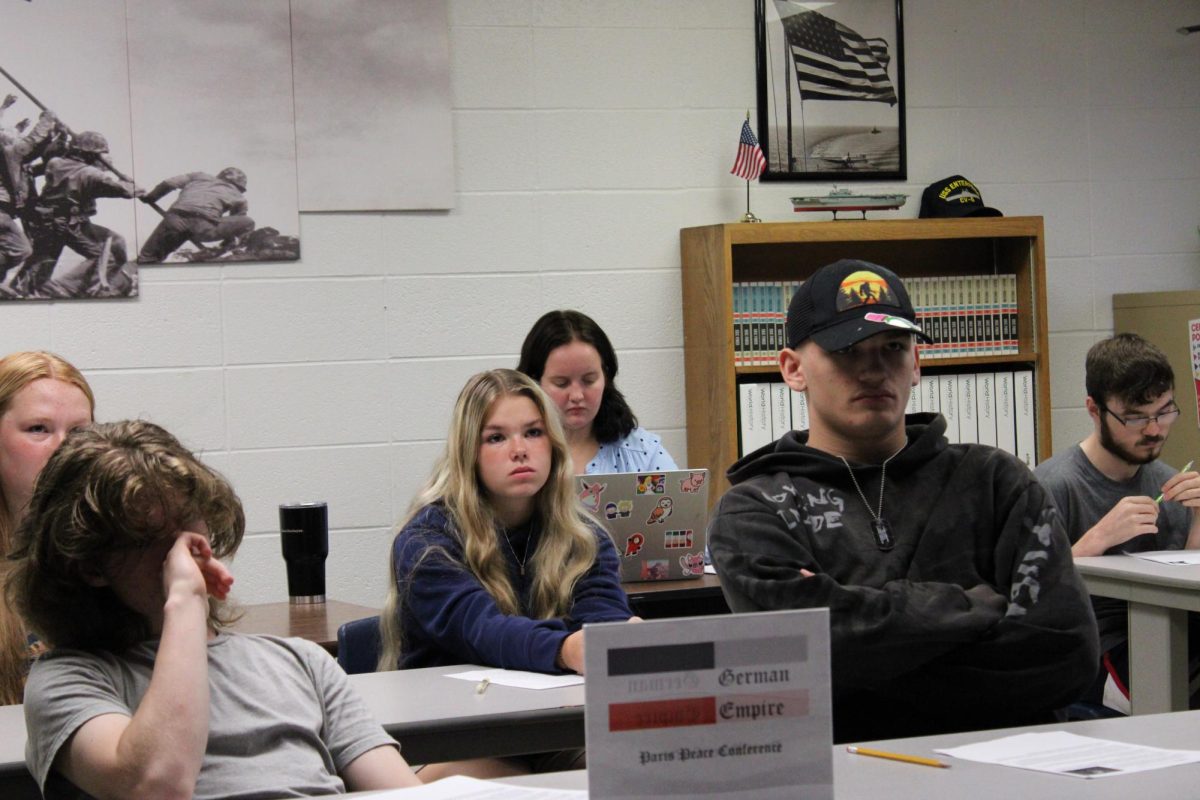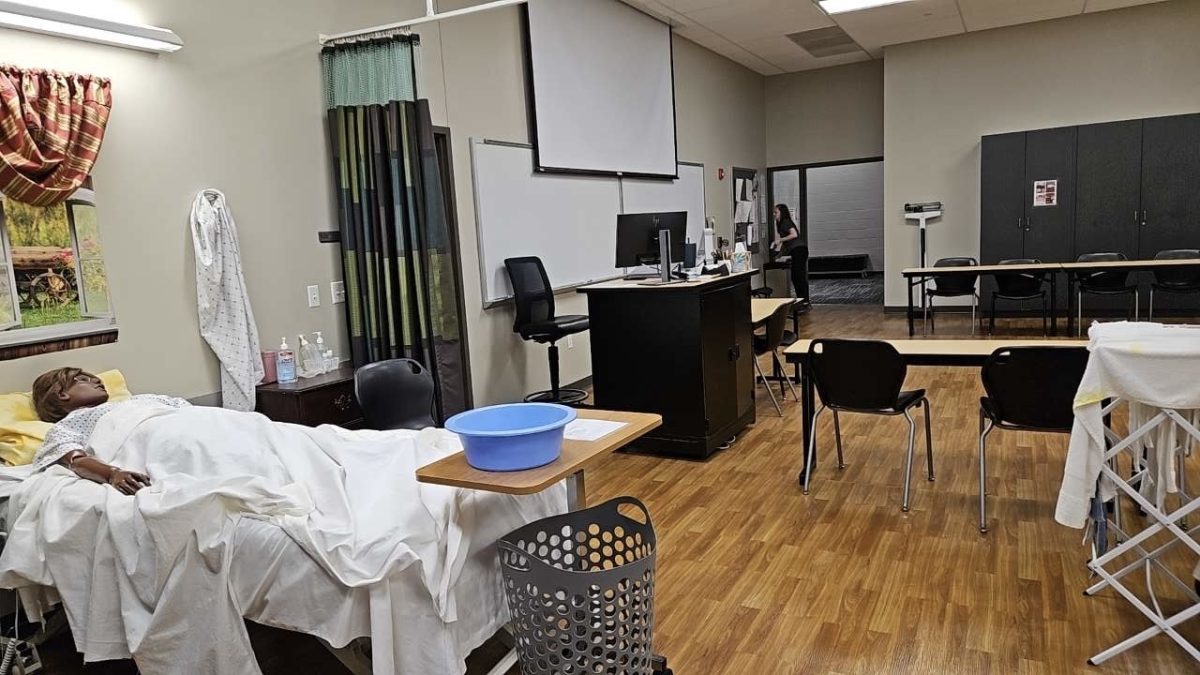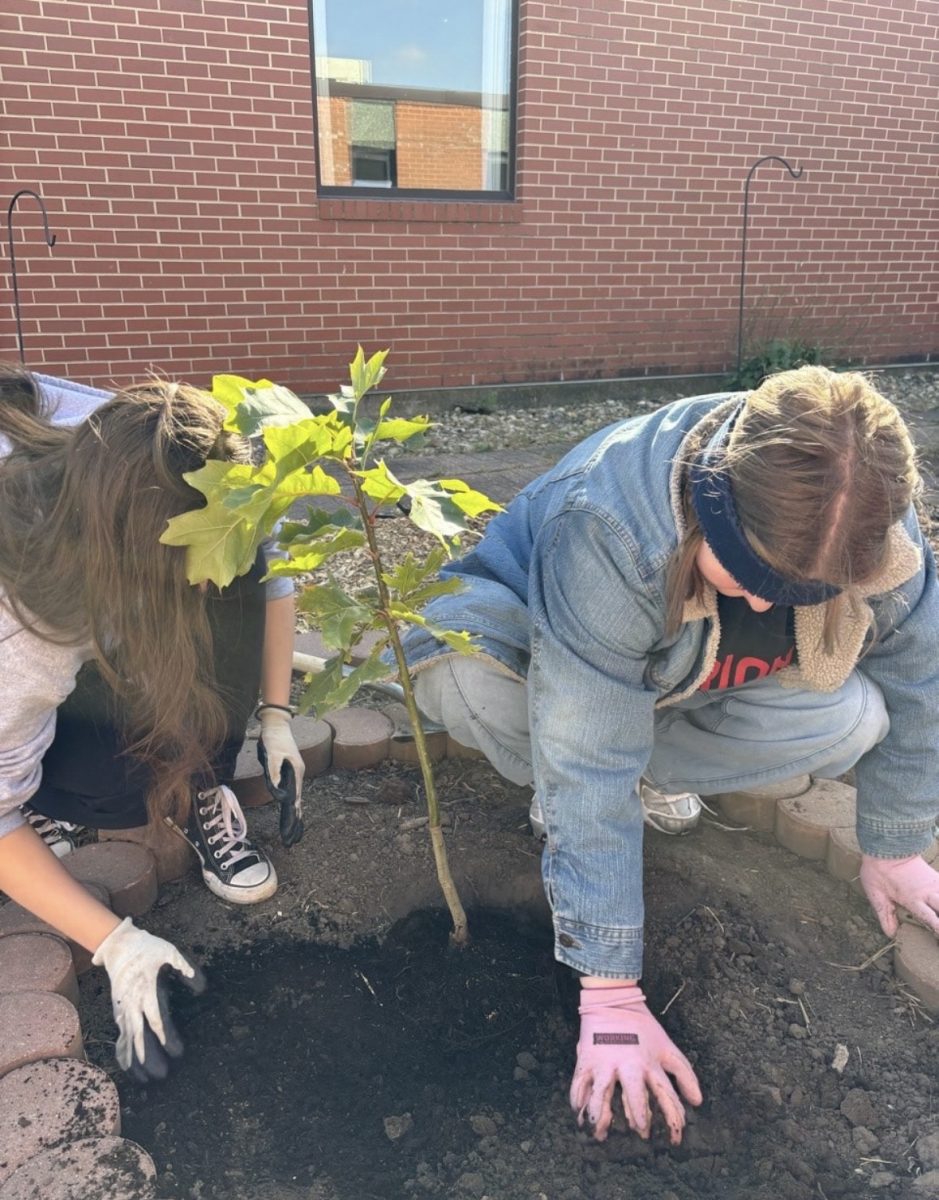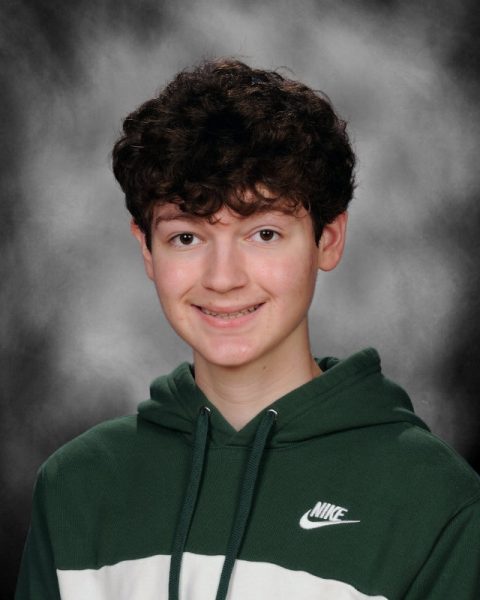Politics in school is a sensitive topic, one that many would argue divides rather than unites. To explore this issue, one must look from the point of view of both students and teachers. By looking at both perspectives, one can better understand the complexities involved when government is involved in the classroom.
Liam Kissling, sophomore, believes that students often feel judged based on their political opinions, and noted how this shrewdness can sometimes come across as aggressive. He said, “I feel others judge you based on your opinion, and it can come off as hostile.” This suggests that many students may avoid discussing these topics in school because of the fear that others will view them negatively. The idea of being misunderstood or singled out for holding a different viewpoint appears to shape how students approach political discussions with their peers.
Kissling isn’t always sure that teachers are handling government topics fairly in his classes. He acknowledges that some of his teachers have been biased at times, although, in general, he feels that most educators at the high school make an effort to be fair. “I have felt that some of my teachers have been a little biased, but otherwise, at this school, most of them have been unbiased and fair,” said Kissling. This shows that while the overall environment in the school is largely fair, it still depends on the individual teacher and their ability to keep personal opinions out of the classroom. He believes politics and school should be kept separate, and perhaps that students shouldn’t feel pressured to engage in governmental discourse at all. It seems that many students prefer to avoid political discussions because they don’t want to risk feeling alienated or judged by others.
Jonathan Mitchell, government teacher, feels differently. He emphasized the importance of handling the topic with care when it comes to approaching governmental discussions in his classroom. “Discussing politics is a very sensitive topic that has to be handled as such,” he said. Mitchell generally avoids initiating political discussions unless students bring up the matter themselves. “If I were to ask their opinion on certain issues, it’s already a bias because I chose that topic to discuss and not a different topic,” he said. From his perspective, a political discussion should only emerge organically; otherwise, there is a risk of influencing students simply by selecting which issues to discuss.
Teachers might feel pressured to present certain political viewpoints due to curriculum guidelines or school policies, but Mitchell’s main concern is remaining impartial. “The only pressure I feel is to keep things unbiased,” he said. To help him stay accountable, Mr. Mitchell has an interesting end-of-year exercise where students write a paragraph analyzing where they think he stands on the political spectrum. “This helps hold me accountable to student perceptions of my bias and for me to improve the next time I teach the class,” he said. Mitchell is showing genuine effort to present political issues in a fair, balanced manner. His practice of inviting student feedback allows him to reflect on how successful he’s been in maintaining neutrality.
Ultimately, both students and teachers have varying opinions on how politics should be handled in school. Students like Kissling may feel that teachers aren’t always as neutral as they should be, while educators like Mitchell are actively working to avoid bias. The differences in these perspectives reflect a larger issue in society—how political issues are addressed and the challenges of ensuring fairness and understanding. Whether inside or outside the classroom, the tension between personal beliefs and impartiality will always be an active issue in social and educational settings.


